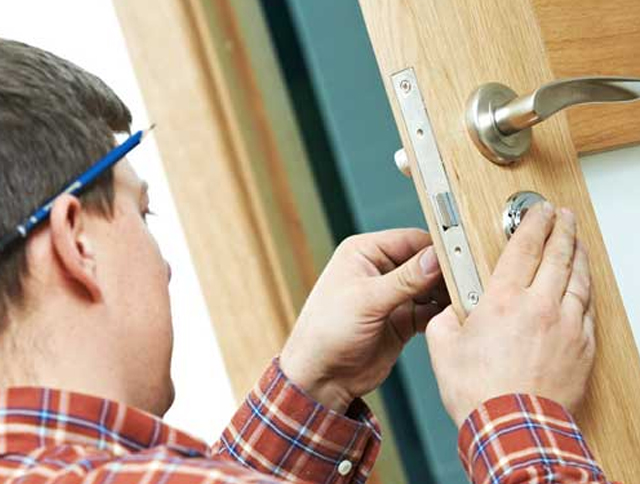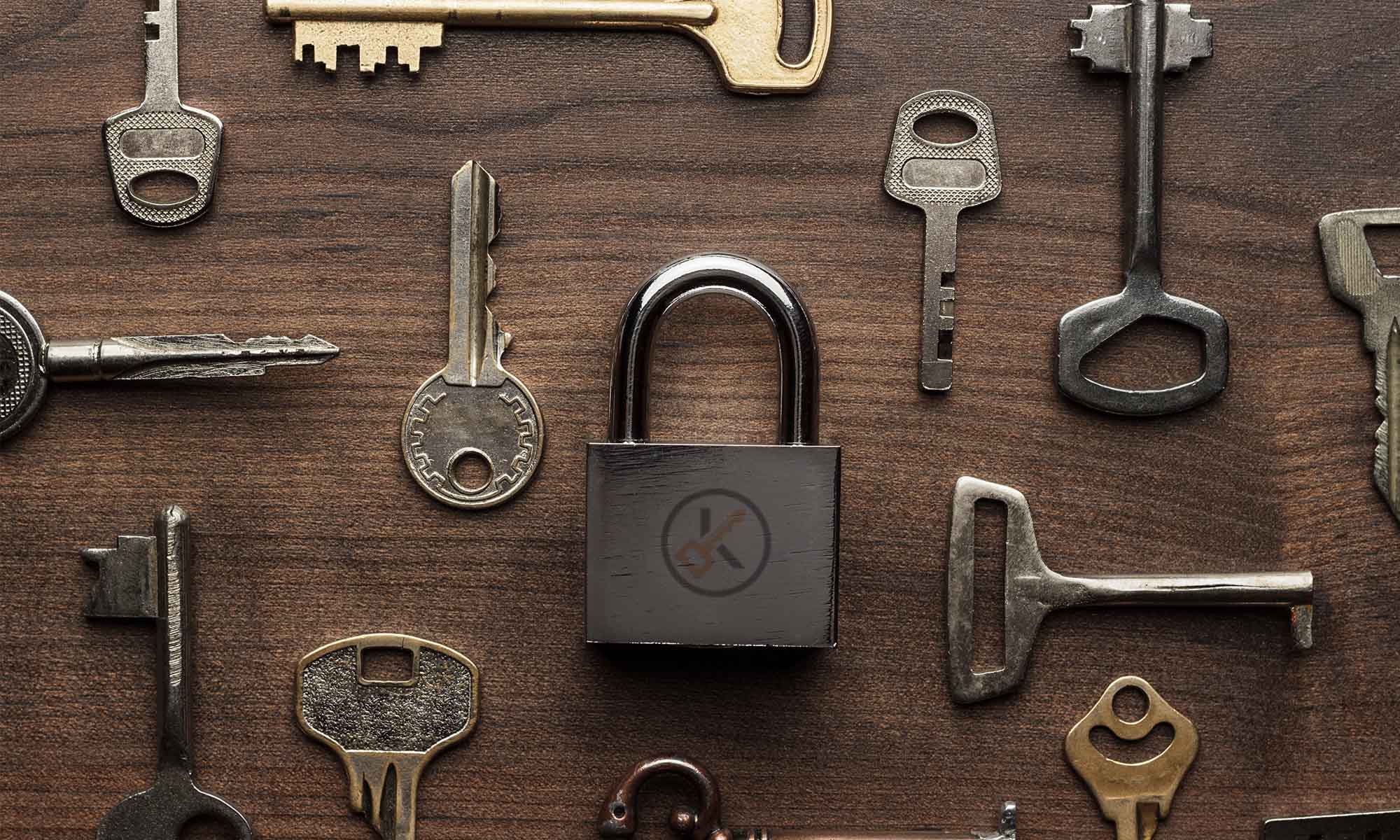Changing locks in a new home is a significant factor to keep in mind. To safeguard your safety and privacy, you might feel a need to replace your locks over time or due to a security scenario. There are numerous approaches you may take if you’re thinking about upgrading the door locks in your home. When relocating, the first important consideration should always be security. You’ll be better off going the additional mile whenever it comes to the security of your new house, even if the most significant benefit you receive is simply greater peace of mind. We’ll assist you in determining when it’s necessary to change your locks and tips on how to change your locks.

With an undefined number of key duplication services floating around the world, the only way to ensure home utmost security is to replace the door locks and windows. Furthermore, in the event of privacy locks or any other locks that are not used for protection, you must ensure that they are in perfect functioning order and that you have a key. Ensure that you are utilizing the best locks for your purposes and that you have a service that will ensure that everything is correctly fitted and operating. Also, keep in mind that you should replace the locks when you move to the new home. An experienced and professional locksmith in Dubai can also help you if you are looking for some best tips. However, we’ve compiled a list of some of the most helpful tips for changing the locks in your new house in this post.
Electronic Locks
Electronic locks are becoming increasingly popular among homeowners in this modern technological age. If you are moving into a new home, now is an excellent opportunity to improve the security system. Just keep in mind that electronic locks are not necessarily a better form of protection. These locks are not intended to provide security but rather to provide convenience and simplicity of access. Although keyless door locks are theoretically unpickable, this is primarily a technicality due to the lack of a keyway.
Locks with a high level of security
It is most likely that the cost of upgrading locks on a new property will be increased most quickly if high-security locks are purchased. With an average price over 20 times a standard home door locks, this is a costly lock. High-security locks are unquestionably more secure than essential, low-cost locks, yet they are not the best financial decision. Your safety is only as strong as the weakest link in the chain. Don’t spend too much time worrying about locks until you’ve already secured your windows, reinforced your doors, and upgraded your set screws.
Adding more locks
While replacing the locks on a new property, you may decide that adding waves to a particular door is essential or desirable. These could be non-keyed locks that can only be opened and locked from inside, including chain locks or rim locks or other locks that must be installed into the door frame to function. You will very certainly be drilling holes in both the door and door frame when installing any of the regularly used home locks, so plan on doing so in both places. Make cautious not to harm the door locks and to use steel lock covers to compensate for the material that has been removed.
Upgrading Doors
It is not possible to address every risk that your doors may be exposed to with a new house lock replacement. Even if you’re moving into a new property and replacing the locks, it may be a bright idea to improve your door locks. Check to see that any external doors have solid cores before installing them. A solid core door is more significant than a typical interior door since it is constructed entirely of wood and metal throughout.
Compared to hollow core doors, solid core doors are more resistant to kicking and ramming assaults than burglars are likely to utilize while trying to gain entry to a home. The process of changing the locks on a new property may be an excellent opportunity to reinforce your front door by increasing the amount of metal in the door. Each hole that is drilled into a door makes it weaker. If you are employing light metal locks that are mostly hollow, you are not addressing this issue in any way.
Refurbish Locks
All non-security locks may be renovated, allowing you to avoid having to replace them entirely. For example, while moving into a new home, door knobs in bedrooms and bathrooms may become stuck or jammed due to excessive use. If the lock is made of metal, it is possible that it will not need to be changed if it fails. It is possible to remove rust, repair internal mechanisms, and restore correct operation to these devices without changing the locks.
Rekeying
If you want to maintain the locks you currently have for aesthetic reasons, you can rekey your locks to make them more secure. Rekeying takes care of the essential requirements of a new house lock installation. After a lock has been rekeyed, it will only be opened with a new key. Keep in mind that rekeying the lock is only feasible if the safety is in good working order. Aside from that, there are other technical distinctions between rekeying and changing locks, the highest costs, and security concerns.
Pricing
You have just completed the purchase of a new home, which represents a significant financial commitment as well as an investment for your future. You don’t want to skimp on the protection of your new house, but you also don’t want to spend any more cash than you have too on it. A few fundamental factors influence the cost of changing locks, including the technique used to change the locks, the hardware cost, the labor required to install the lock, and the number of new locks necessary for the residence.
Conclusion
We hope you enjoyed and found our post to be informative. Make sure to contact the best Locksmith Dubai for insights into the additional expenses associated with a new house lock installation if you want professional assistance with the process. The cost of the locks will vary greatly depending on the materials and techniques utilized in the construction of the lock. It is a basic rule of thumb that the higher the expense, the greater the level of protection.
